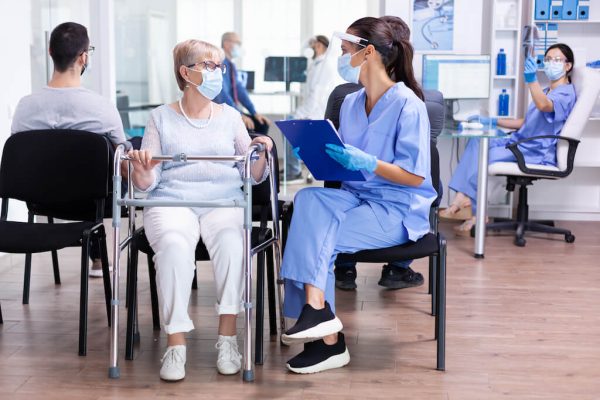
The opioid crisis continues to impact communities across America, with approximately 100,000 people dying from drug-involved overdoses annually. As the nation’s leading provider of specialized addiction treatment, behavioral health facilities are working to address this crisis through evidence-based approaches that combine medical expertise with comprehensive support services.
The stark reality is that only one in five individuals with Opioid Use Disorder (OUD) receives evidence-based medication-assisted treatment (MAT). Treatment specialists are working to change these statistics through a network of 165 Comprehensive Treatment Centers (CTCs) spanning 33 states, currently supporting more than 72,500 patients in their recovery journeys.
These specialized centers have demonstrated remarkable success rates. According to recent healthcare data, patients receiving comprehensive treatment show significantly better outcomes compared to traditional approaches. In fact, research indicates that relapse rates can reach 90% without proper treatment, while patients in structured MAT programs show dramatically improved recovery rates.
The effectiveness of this approach is validated by independent accreditation bodies. The facilities have achieved recognition from CARF International, scoring in the 99th percentile across all 13 quality dimensions measured. This achievement reflects their commitment to maintaining the highest standards of patient care and professional practice.
Treatment programs combine FDA-approved medications with evidence-based counseling services. The clinical teams include over 1,200 counselors and counseling supervisors, supported by nearly 100 peer specialists, case managers, and community liaisons who provide additional wraparound support services.

Patient safety and proper medical oversight remain top priorities. All treatment centers are registered with the Drug Enforcement Administration (DEA), certified by the Substance Abuse and Mental Health Services Administration (SAMHSA), and overseen by applicable state boards of pharmacy. Since 2020, these facilities have successfully completed more than 800 surveys conducted by various regulatory bodies.
The treatment approach emphasizes individualized care plans that address both the physical and psychological aspects of addiction. As highlighted in their quality reports, this comprehensive strategy helps patients achieve better outcomes across multiple life dimensions, including employment, housing stability, and overall well-being.
Recent patient surveys reveal the impact of this approach, with nine out of ten patients indicating they would recommend the program to others. When rating their improvement in quality of life since entering treatment, patients gave an average score of 4.43 out of 5, demonstrating the programs’ effectiveness in supporting meaningful recovery.
The centers have also expanded their support services to address social determinants of health, including assistance with transportation, housing, and employment coordination. These additional services, while often exceeding standard insurance reimbursement levels, are considered essential components of successful long-term recovery.
Looking ahead, healthcare providers continue to invest in expanding access to these vital services. This includes developing new facilities, implementing mobile treatment options, and leveraging telehealth technologies to reach more patients in need of care.





